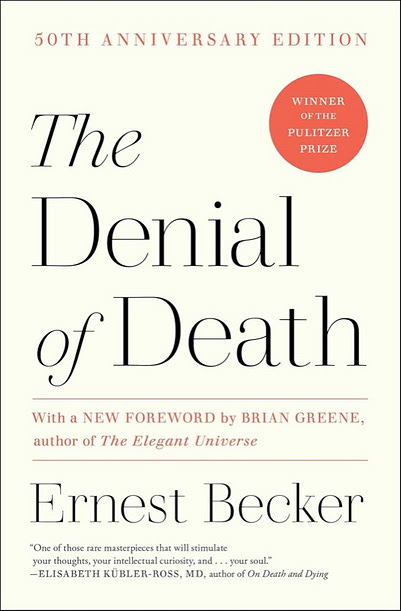Five Good eBooks
This week I review five ebooks, or to be more precise, five books available in PDF format. That means you ...
This week I review five ebooks, or to be more precise, five books available in PDF format. That means you can download them instantly, and in four of the cases, for free.
In the emerging world of digital books, PDF formatted books is not really considered an ebook variant because they don’t work so well on a handheld ebook device, such as the new Amazon Kindle or Sony Reader. Most PDFs are designed around a letter or magazine page size, which means they are easy to read on a desktop or laptop monitor, but not quite transferable to a smaller screen. That’s okay with me because despite trying a few of the ebook readers, I still read digital books on my computer screen. To date I have not been willing to carry around yet another device to read books with.
If you are reading on a computer screen, then why even mess with PDFs? And for that matter, why even mess with a book? I recommend both books and PDFs because they offer several advantages over a web site.
1) A book (even without its paper pages) is a long argument that coheres as a whole, and whose argument or story is made by integrating well-selected parts. When a book works, it contains a satisfaction and thoroughness that comes from the completeness of a book, a wholeness that is rarely found in the assembled pieces found on a website. A book, unlike a website, tries to embrace a particular subject and say: here it is, at least as of now. Not every query needs or deserves a book, but often I find a book — not necessarily one bound in covers — an ideal guide to a subject or story.
2) A PDF is able to retain the highly evolved grammar, design and syntax that one thousand years of bookmaking has attained. Because of the idiosyncratic way web browsers work, designers do not have full control of what you as a reader see on the web. The web page, including its fonts, font sizes, and placement of material and size of the window, partly depends on the viewer’s preferences. In my experience as a reader, a web designer, and a book designer, the reading experience on paper — and PDFs — is much more refined and elegant. As a publisher and designer I can direct the flow of attention with better tools (font choices, rules, lines, columns) and better control. The benefit to me as a reader is that this sophisticated design translates into increased clarity, smoothness, comprehension, and enjoyment.
3) A PDF book provides both the holistic virtues of a book, and its highly-evolved design, but also offers three of the advantages of the web: instant access, hyperlinking, and the potential to be free (see my discussion of True Films in the next entry).
These five qualities make PDF books pretty attractive to me. In addition the five PDF books I review below (in the next five entries, including Tips for Conference Bloggers, The Personal MBA, HDR, and Motion Mountain) represent the best in the instructional arts. They tackle subjects that paper books are to slow to attend to, or too niche to bother with. That fact they are free (with one exception) is just a sweet bonus.
12/29/07






